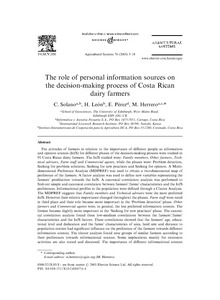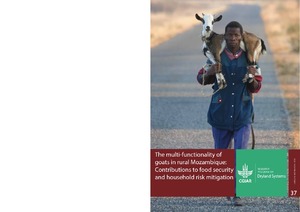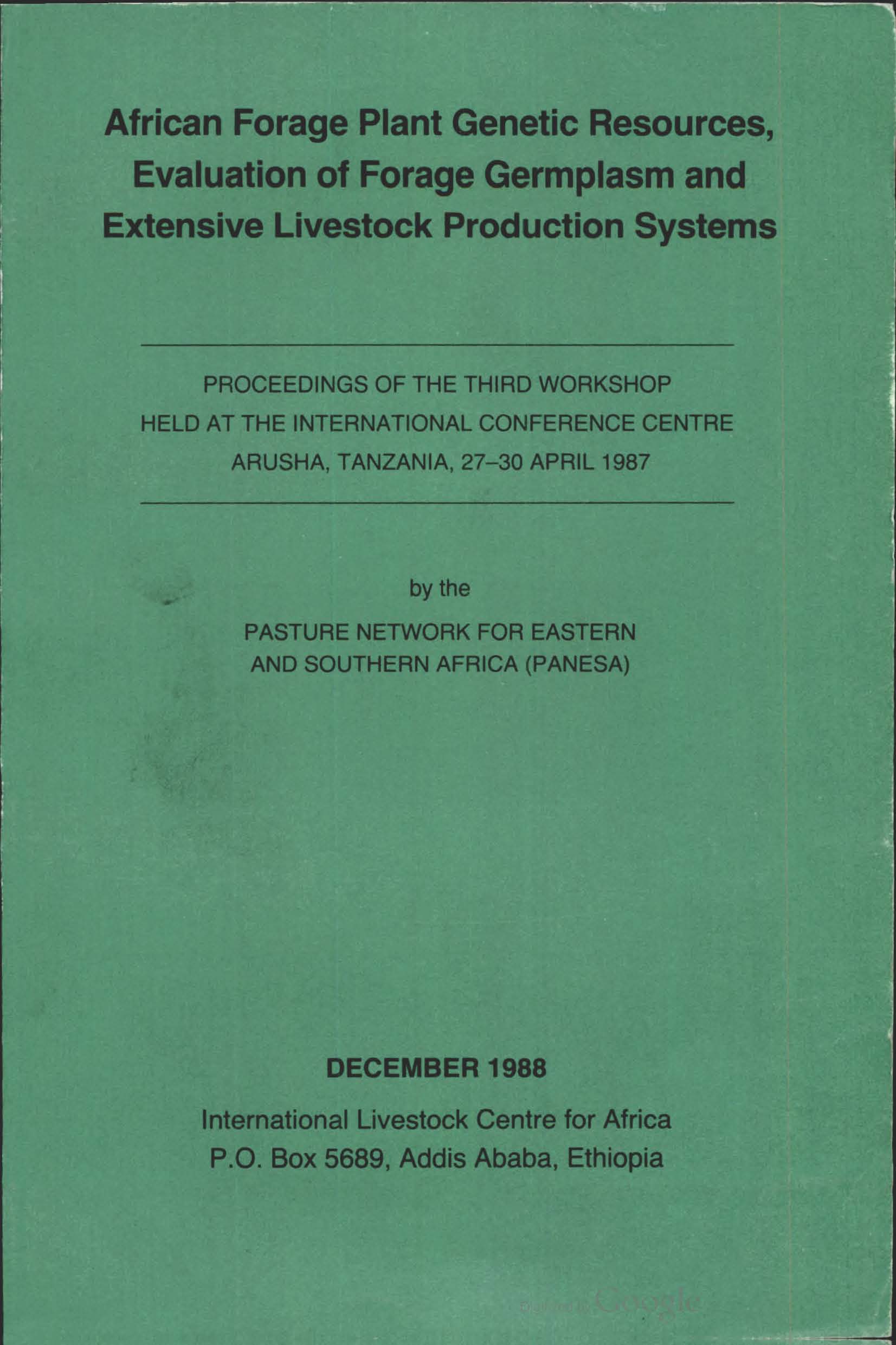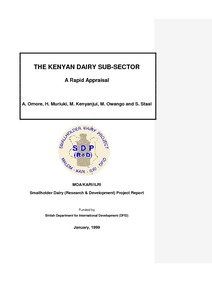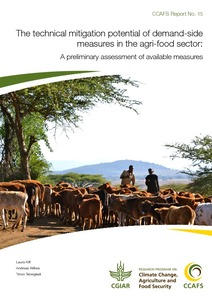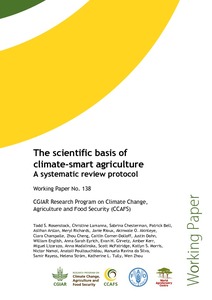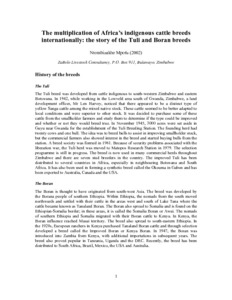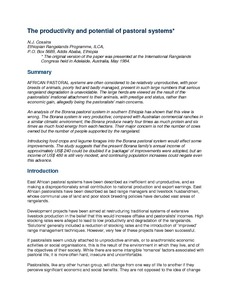The role of personal information sources on the decision-making process of Costa Rican dairy farmers
The attitudes of farmers in relation to the importance of different people as information and opinion sources (InfS) for different phases of the decision-making process were studied in 91 Costa Rican dairy farmers. The InfS studied were: Family members, Other farmers, Technical advisors, Farm staff and Commercial agents, while the phases were: Problem detection, Seeking for problem solutions, Seeking for new practices and Seeking for opinion. A Multidimensional Preference Analysis (MDPREF) was used to obtain a two-dimensional map of preference of the farmers.

